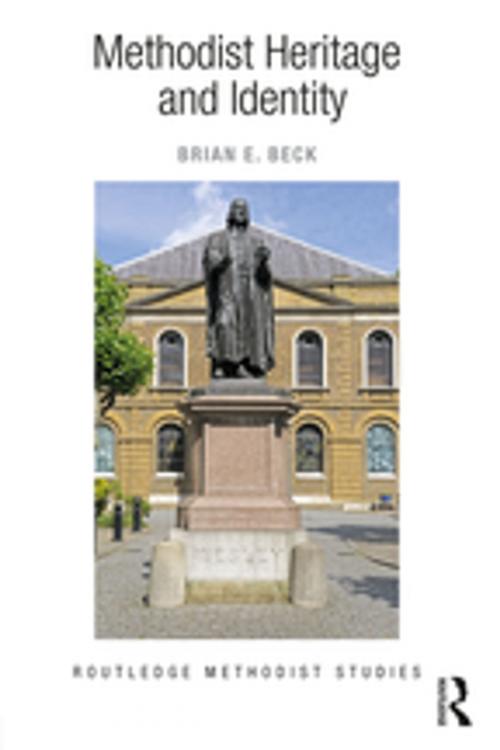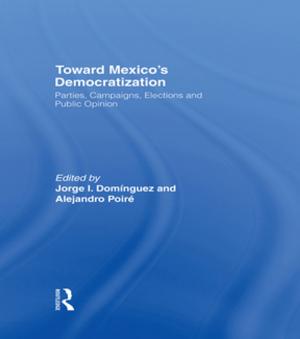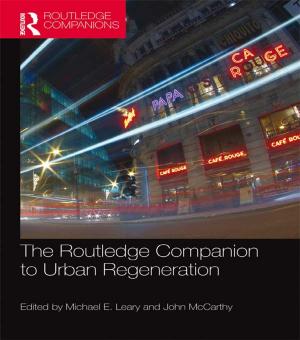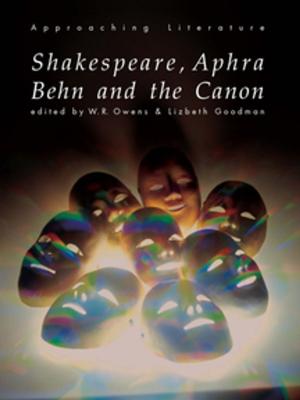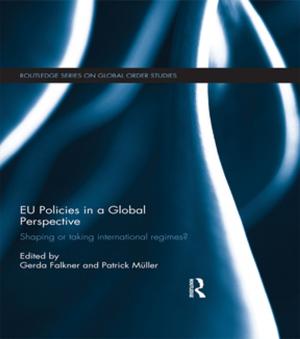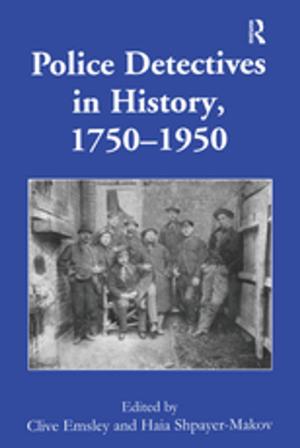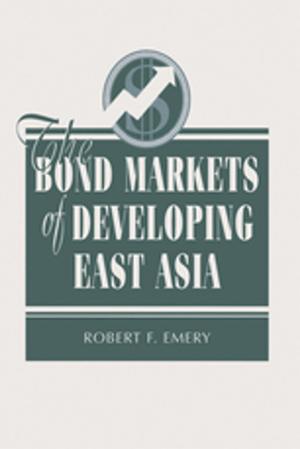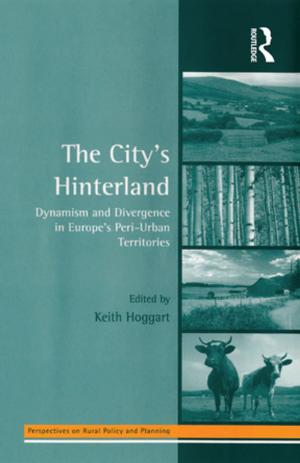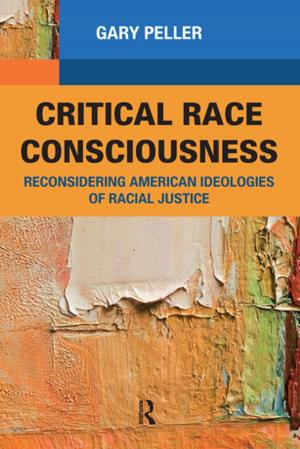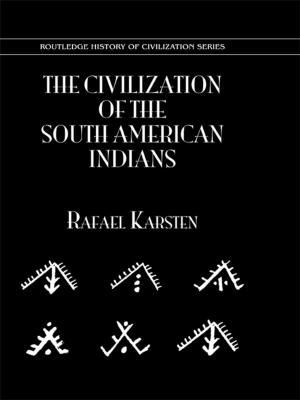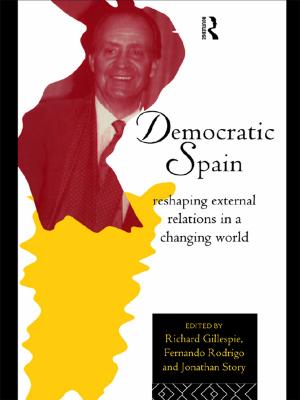Methodist Heritage and Identity
Nonfiction, Religion & Spirituality, Christianity, Denominations, Methodism, Theology| Author: | Brian E. Beck | ISBN: | 9781351796071 |
| Publisher: | Taylor and Francis | Publication: | August 23, 2017 |
| Imprint: | Routledge | Language: | English |
| Author: | Brian E. Beck |
| ISBN: | 9781351796071 |
| Publisher: | Taylor and Francis |
| Publication: | August 23, 2017 |
| Imprint: | Routledge |
| Language: | English |
Brian Beck has had a long and distinguished career in Methodist studies, having additionally served as President of the UK Methodist Conference and helped lead the international Oxford Institute of Methodist Theological Studies. This book is the first time that Beck’s seminal work on Methodism has been gathered together. It includes eighteen essays from the last twenty-five years, covering many different aspects of Methodist thought and practice.
This collection is divided into two main sections. Part I covers Methodism’s heritage and its implications, while Part II discusses wider issues of Methodism’s identity. The chapters themselves examine the work of key figures, such as John Wesley and J. E. Rattenbury, as well as past and present forms of Methodist thought and practice. As such, this book is important reading for any scholar of Methodism as well as students and academics of religious studies and theology more generally.
Brian Beck has had a long and distinguished career in Methodist studies, having additionally served as President of the UK Methodist Conference and helped lead the international Oxford Institute of Methodist Theological Studies. This book is the first time that Beck’s seminal work on Methodism has been gathered together. It includes eighteen essays from the last twenty-five years, covering many different aspects of Methodist thought and practice.
This collection is divided into two main sections. Part I covers Methodism’s heritage and its implications, while Part II discusses wider issues of Methodism’s identity. The chapters themselves examine the work of key figures, such as John Wesley and J. E. Rattenbury, as well as past and present forms of Methodist thought and practice. As such, this book is important reading for any scholar of Methodism as well as students and academics of religious studies and theology more generally.
